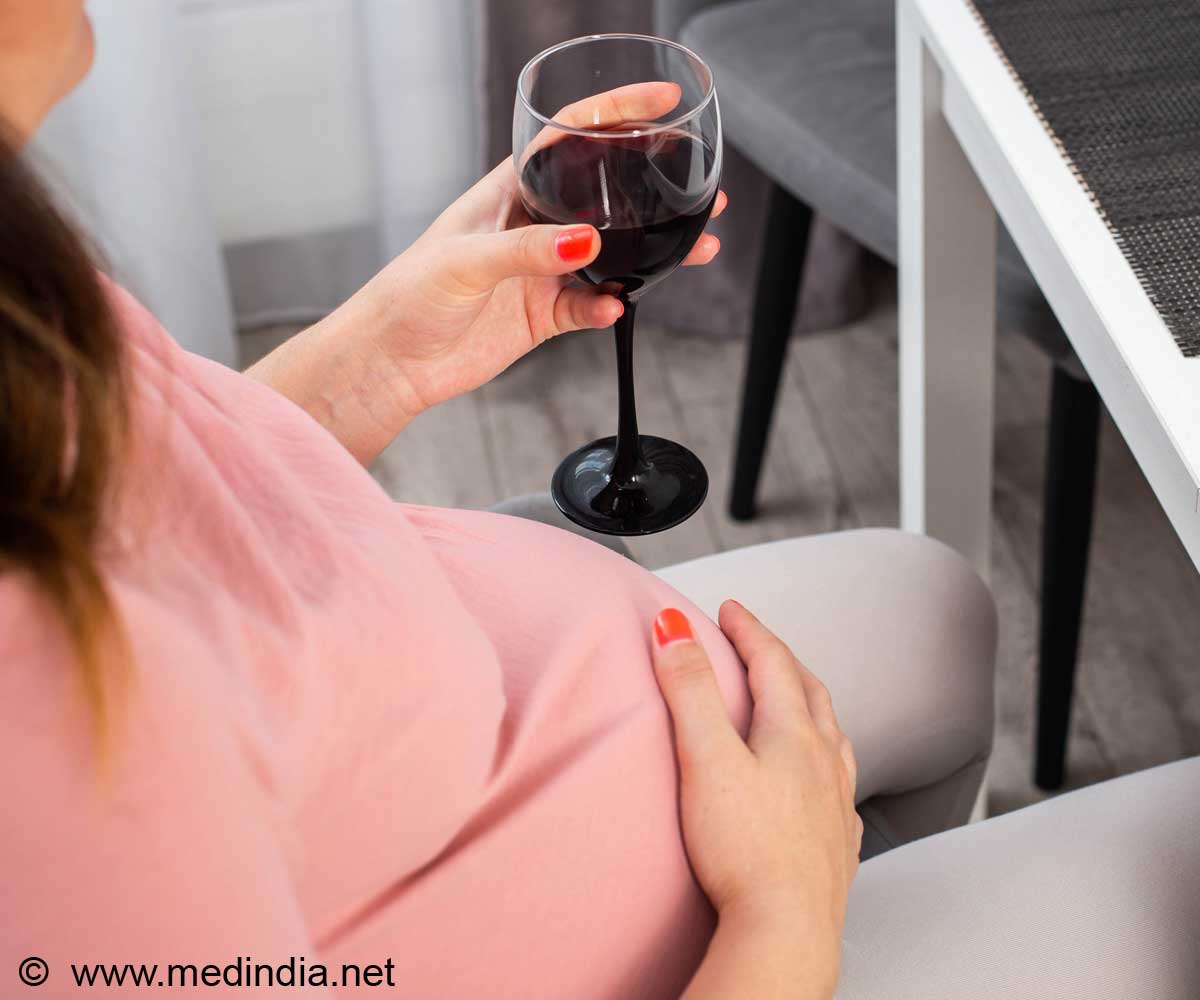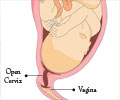Two glasses of alcohol a week raises miscarriage risk by 66 percent, reveals study.

"You should never give a recommendation based on a single study," said lead author Anne-Marie Nybo Anderson, an epidemiologist at the University of Copenhagen.
"But if I was to give a recommendation to my daughter, I would say that if you plan a pregnancy and if you want to be careful and do everything you can in order to not harm your future baby, then I think you should stop drinking when you start trying to become pregnant, and then after the first four months you can be a little more relaxed."
Undoubtedly heavy or binge drinking during pregnancy is dangerous to a developing foetus but research on the effects of low levels of alcohol consumption has offered contradictory results, with conclusions depending on the way studies are designed and even the country where studies are done, the Discovery News reported.
For the new study, Nybo Andersen and colleagues took advantage of a natural experiment in Denmark. For quite a few years in the late 1990s, the country's national health board relaxed its recommendations for pregnant women, suggesting that they usually avoid alcohol but if they decided to drink, they should not have more than a drink a day and they should not drink every single day.
The new guidelines turned moderate drinking during pregnancy into standard and permissible behaviour for Danish women.
Advertisement
During that period of societal permissiveness, a national program enrolled more than 100,000 pregnant women to participate in a Birth Cohort study.
Advertisement
They also revealed how much alcohol they had drunk before and how much they drank after getting pregnant.
Mothers entered the study when they were six weeks pregnant, and follow-up interviews recorded the eventual outcomes of their births.
Overall, about 55 percent of the Danish women continued drinking alcohol while pregnant during the study period. Only 2 percent averaged more than four drinks a week, and majority of them drank far more moderately.
However, according to the study, it only took two drinks a week to increase the risk of miscarriage during the first 16 weeks by 66 percent.
Women who drank between half a drink and one and a half drinks each week showed a 19 percent increased risk in pregnancy loss, but only at the start of the second trimester. After the first four months, light drinking did not seem to make a difference in rates of miscarriage or stillbirth.
"I was pretty sure that alcohol intake at such low amounts in pregnancy would not have dramatic effects," Andersen said.
"But what we found was that there was quite a high risk for miscarriage with moderate alcohol intake, and there was a stronger risk the earlier in pregnancy we looked," Andersen added.
The study has been reported in the International Journal of Epidemiology.
Source-ANI















